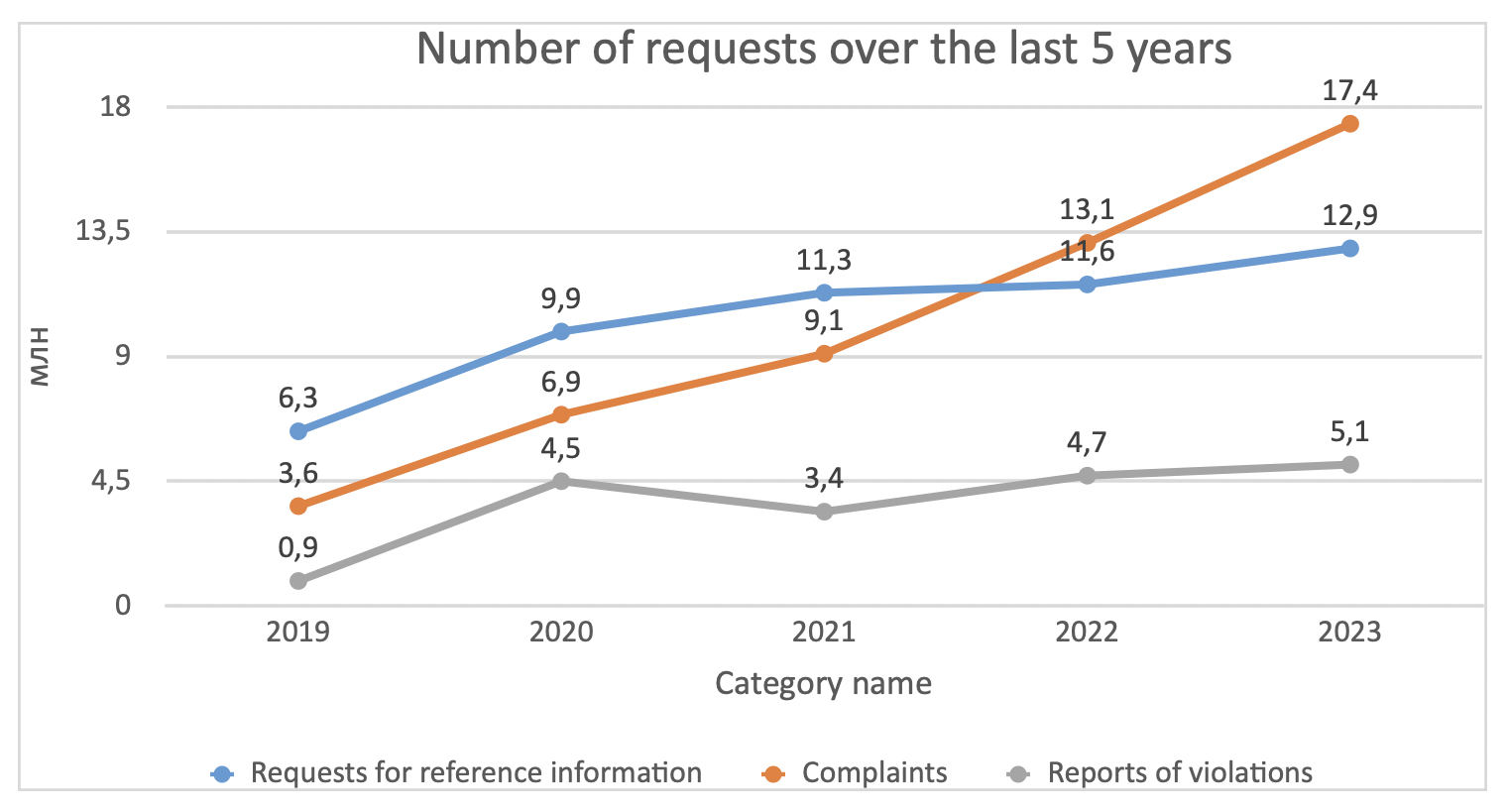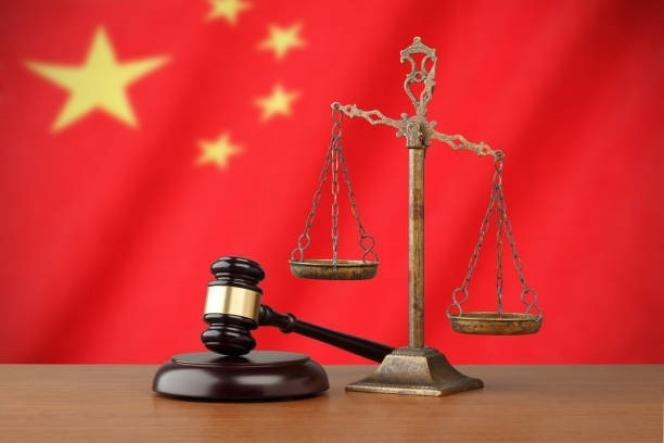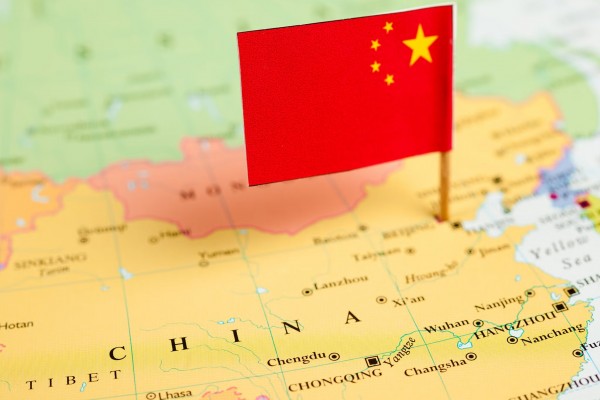Review № 4 of Chinese Antitrust News from the Experts of the BRICS Competition Centre
- Antitrust in Xi Jinping's speeches at the “two sessions”
- There have been more requests to the market surveillance department
- China commented on the threat of blocking TikTok in the US
- New AI Content Surveillance Campaign
- AI model race: Baidu is working on a worthy competitor to GPT-4
- Dichotomies of data regulation as a factor of production
- SAMR intends to strengthen the institution of fair competition
- Hebei Province's achievements in private sector development
Antitrust in Xi Jinping's speeches at the “two sessions”
On March 14, CAMP held a party meeting summing up the results of the speech of Chinese President Xi Jinping at the “two sessions.” Among the main theses are the requirements for the rapid development of the national market, ensuring the accelerated implementation of fair competition provisions, combating administrative monopoly, strengthening protectionism and market division, and creating fair competitive conditions for market entities. There has also been an increased need to continue to implement innovative regulatory practices, improve regulatory efficiency, and strive for synergies in the legal, operational, and policy impacts of regulation.
Source: SAMR
There have been more requests to the market surveillance department
In anticipation of World Consumer Rights Day on March 15th, SAMR published statistics on inquiries and complaints from Chinese residents. In 2023, the Office processed more than 35 million complaints, which is 20% more than in the past - of which ≥17 million complaints and ≥5 million reports of unlawful acts. Consumers also complained about unfair competitive practices in the market - more than 900 thousand such complaints were registered (5.7% of the total number of complaints).

Source: Wechat
China commented on the threat of blocking TikTok in the US
Amid a potential TikTok ban in the United States, China's Ministry of Foreign Affairs released a report, "Freedom of Speech in the United States: Truth and Facts." It accuses the States of violating freedom of speech, manipulating freedom of speech abroad and widespread disinformation.
“Banning TikTok would have a profound impact on digital free speech, thereby violating the First Amendment rights of the American people. This process has set a troubling precedent, harming the freedom of more than 150 million American users of the TikTok platform,” the report says.
Chinese Foreign Ministry spokesman Wang Wenbin also spoke about the injustice of blocking TikTok: “The adoption of this bill by the US House of Representatives means that the United States opposes the principles of fair competition and international trade rules.”
Source: CGTN, China Youth Daily
New AI Content Surveillance Campaign
The Cyberspace Administration of China has launched a campaign to control content created using artificial intelligence. It called on online platforms to flag such content and indicate if it is fictitious, and also demanded action against offending accounts that use generative or synthetic algorithms to spread false rumors and generate marketing hype.
Interim measures to regulate generative AI in China took effect in August 2023. The country is a pioneer in AI regulatory policies and views these technologies as a key tool for promoting economic development and enhancing national strength.
Source: Global Times
AI model race: Baidu is working on a worthy competitor to GPT-4
Baidu CEO Robin Li said that the company's Ernie 4.0 model works better with OpenAI's GPT-4 for Chinese texts. In particular, the model can write poetry in the classical Qingyuanchun style of the late first millennium (VI-IX centuries). “Many language models are capable of versification, but the request for poetry in this particular style puts them at a dead end,” the speaker emphasized.
China's protectionist policies and censorship allow local IT companies to grow freely in a domestic market of 1 billion internet users, allowing big players like Baidu to create an answer to ChatGPT.
Source: SCMP
Dichotomies of data regulation as a factor of production
During the “two sessions”, experts discussed trends in the development of big data technology and potential threats to the market. In 2023, the data market was actively developing: the National Data Bureau was created, data began to be included in financial statements as an asset, and the Development and Reform Committee even published a 3-year plan for the development of the data industry.
Experts highlighted the importance of data as a new factor of production, driving global economic activity and the digital economy. They also drew attention to 10 dichotomies of the data market: maintaining a balance between supply and demand, open and closed data, monopolization and free circulation, intra- and over-the-counter processes, data ownership and distribution, technology and governance, compliance and innovation, regulation and development, dispute resolution and guarantee of rights, external and internal markets.
Source: Wechat
SAMR intends to strengthen the institution of fair competition
On March 8 —as part of the “Dialogue with Ministers” in “two sessions”—SAMR head Luo Wen spoke about the importance of the institution of fair competition. Speaking about the department’s work plans, he emphasized four areas:
1) preparation of rules for checking documents for the absence of provisions that impede the development of fair competition (fair competition review) - the draft rules are already ready, and now it is necessary to actively promote its official publication.
2) simplifying the“migration” of companies between regions;
3) eliminating“invisible” barriers in local markets;
4) continuing the fight against administrative monopoly - situations where authorities abuse their administrative powers to the detriment of competition.
Source: SAMR
Hebei Province's achievements in private sector development
In 2023, the government of Hebei Province (eastern China) actively improved the business environment by helping entrepreneurs in various aspects, including software support, facilitating market access, helping companies in difficult situations, protecting intellectual property, maintaining market order, and protecting fair competition.
Thanks to these efforts, the number of business entities in the province increased to 8.53 million by the end of 2023, an increase of 7.84% from the previous year. The Bureau also conducted an audit of policies and measures that impede the formation of a single market and the development of fair competition: 9.6 thousand documents were reviewed, of which 29 were revised or canceled.
Source: Wechat




